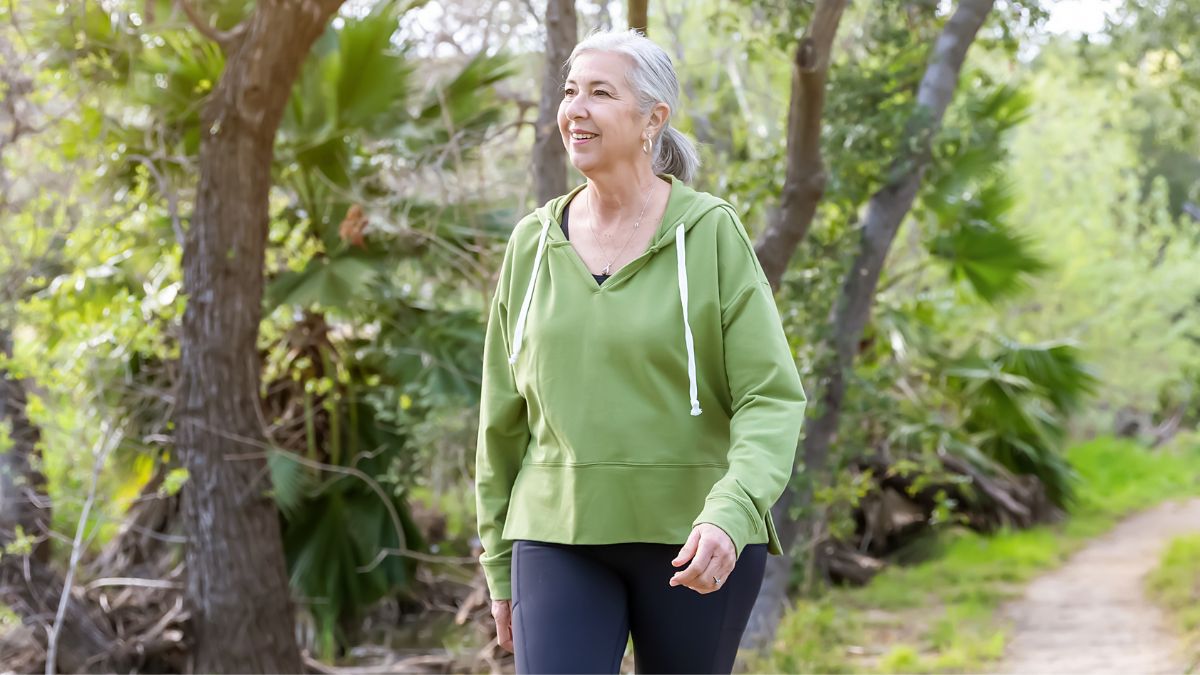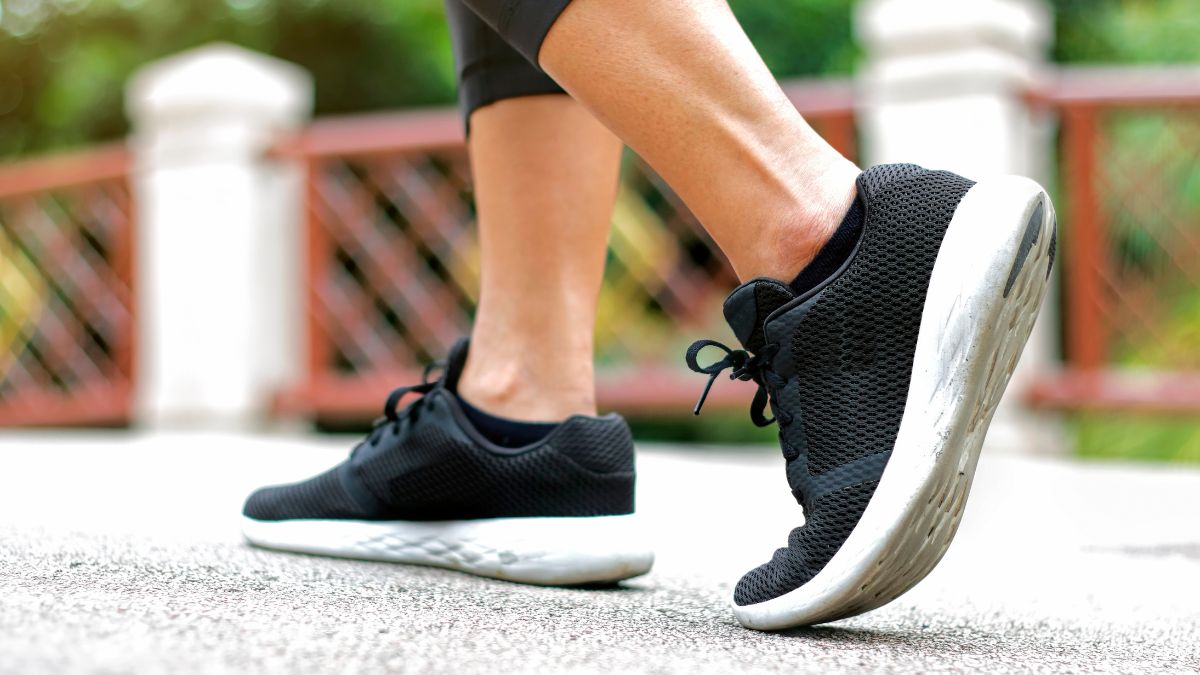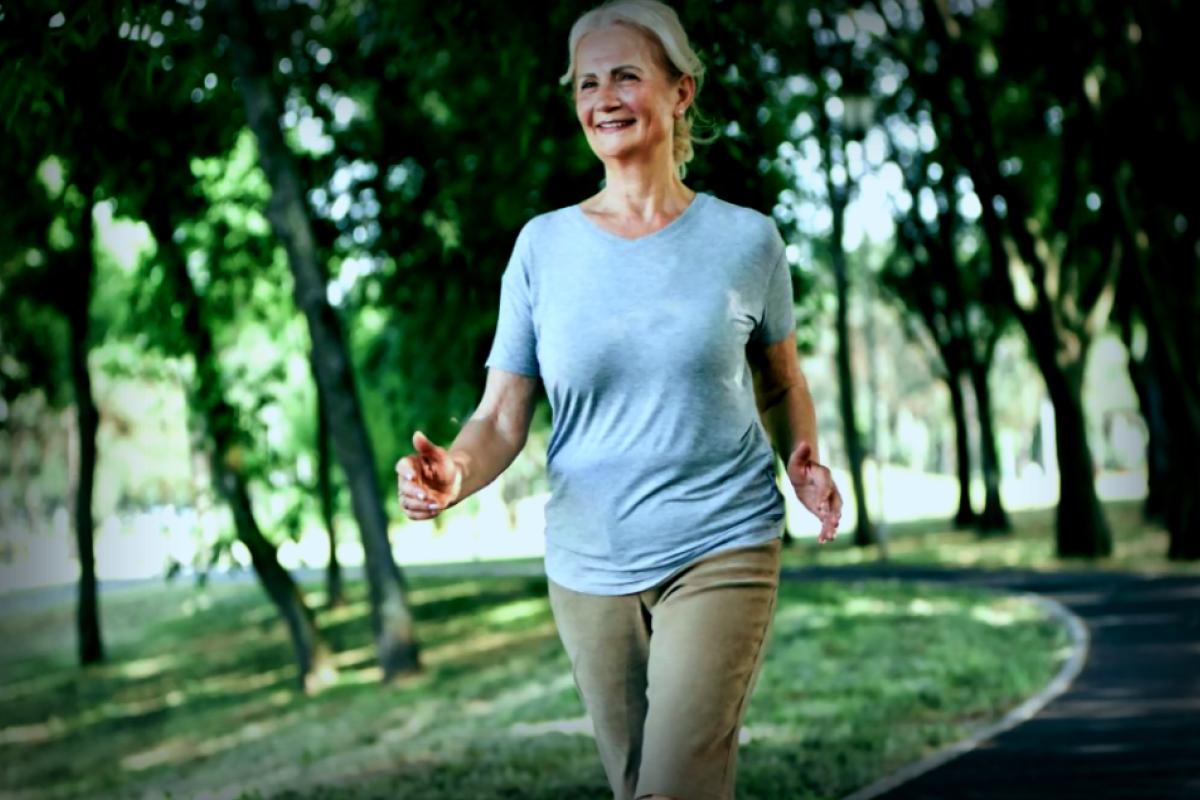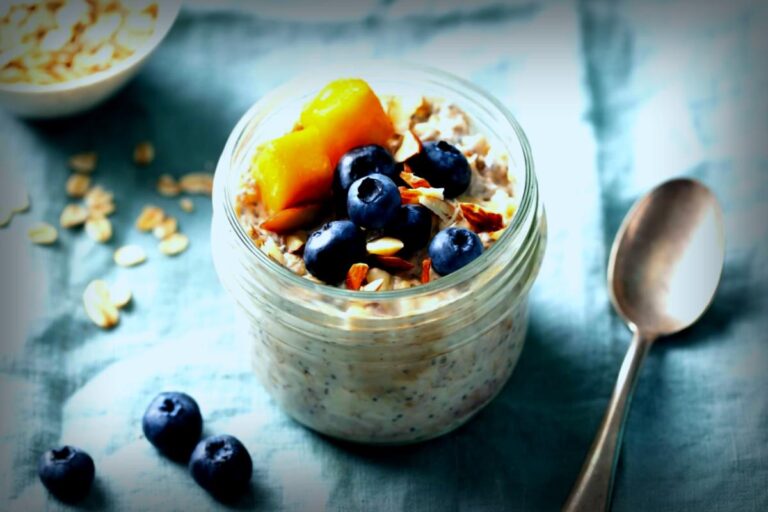Ever wonder what your ticket to a longer, healthier life could be? Many of us think we need extreme workouts or detailed diets. But hold on a second! Studies reveal that simply walking for 14-15 minutes a day can enhance your health without needing to join an expensive gym!
How Walking Can Help You Live Longer
Exciting new findings show you don’t need to devote huge chunks of your day to physical activity in order to reap health benefits. Just a quick stroll each day can lead to noteworthy improvements in your lifespan. Research in the American Journal of Preventive Medicine suggests that those who manage a brisk 15-minute walk have a remarkable 19 percent lower risk of premature death from various causes.
“When you walk briskly, your heart gets a workout, making it stronger and improving oxygen flow throughout your body,” shares Dr. Raj Dasgupta, a Chief Medical Advisor for Garage Gym Reviews.
Another study in PLOS ONE tested older adults at risk of frailty. They stepped up their game with 14-minute brisk walking sessions three times a week, and within 12 weeks, participants experienced impressive gains in lower-body strength and mobility.
Doctor Dasgupta emphasizes that “consistent brisk walking engages leg muscles effectively while being gentle on the joints. This means better balance, steady strides, and a reduced chance of falls for our elder population.” It’s sustainable too, which is super important!

Wellness
Daily Walking May Gift You Up to 11 Extra Years: Discover How and Why It Works
With all the well-known perks of staying active, it’s really no shock that daily walking can add years to your life. This low-key activity helps keep your weight in check, boosts heart performance, improves your sleep patterns, and supports mental health, among so many more incredible benefits.
The Perks of Brisk Walking
It turns out that while all types of walking can be beneficial, brisk walking has unique perks. Research indicates that it’s not only about the number of steps you clock in — it’s all about the speed at which you hike.
“Brisk walking finds that sweet balance of being enough of a challenge to stimulate your heart, lungs, and muscles without overwhelming you,” Dr. Dasgupta suggests. This moderate effort actually helps you increase endurance, manage weight, and build strength much more efficiently than a leisurely walk.
But what’s considered “brisk walking” in real life? Do you need to jog or is just speeding up a bit sufficient?
Dr. Dasgupta explains, “Briskly walking means you’re moving fast enough to elevate your breathing but still able to chat — singing is off the table,” he says. If you’re struggling with numbers, aim for around 100 steps per minute or a 15-minute mile walk. If you track your heart rate with a smartwatch, ideally you want it to sit at the moderate range, around 50 to 70 percent of your maximum. (Check out more about heart rate zones here.)
Even Short Walks Yield Great Outcomes
Don’t fall for the old-school mantra that you need to clock in 10,000 steps a day or walk for a full hour to benefit your heart health or longevity. Recent studies flip that idea on its head. Even chronic-for-short periods work wonders.
“No one says you have to stick to an hour-long routine to see improvements,” Dr. Dasgupta reassures us. “Midlife women, for instance, can protect themselves from muscle degeneration, enhance bone strength, improve mood, and keep their hearts robust simply from 15 brisk minutes daily, making it easier for many to stick with over the long haul— and that’s what really matters!”

Wellness
Discover How ‘Micro Walks’ Can Help You Burn More Calories
Picture this: when youÕre set to walk, you might envision yourself going the distance without halting. But, the truth is, short, deliberate walks, or “micro walks,” can also provide serious health advantages – according to new research!
3 Quick Tips to Supercharge Your Walking
If you’re used to taking it easy with leisurely strolls, switching to brisk walking doesn’t have to be a daunting task — making just a few small tweaks can help you ramp up your pace effectively!
- Arm-it-Up:“Bending your arms to 90 degrees and swinging them naturally can speed up your walking while engaging your upper body,” suggests Dr. Dasgupta.
- Take Shorter, Swift Steps:“Quick, tiny steps bring higher efficiency, allowing you to gain momentum without overexerting,” notes Dr. Dasgupta.
- Maintain Good Posture:“Standing tall will help your breathing ease, keep your core active, and lessen unwanted back and hip stress,” recommends Dr. Dasgupta.
A quick and regular walk doesn’t just enhance your overall wellness — it might also contribute some healthy years to your life. Next time you’re about to drop down for some screen time or scroll through TikTok, why not get in a few steps while doing so?
For more tips on staying happy and healthy:
5 Science-Backed Walking Habits for a Longer Life
Healthy Aging Made Easy: Lessening Stroke, Dementia Risk, and More
Your Daily Coffee Could Hold the Key to Longevity: Exciting New Findings for Women
Please remember, this info is not a substitute for professional healthcare consultation. Always reach out to your doctor before following any treatment advice.





















